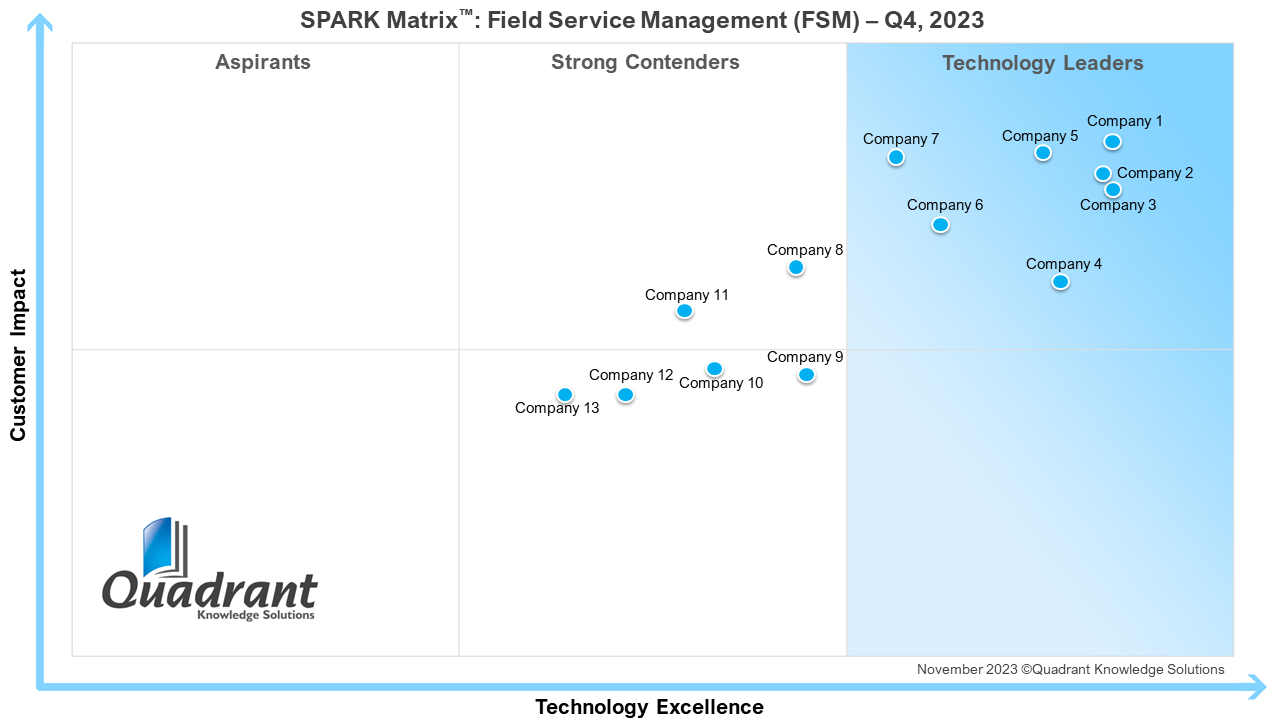In today’s fast-paced, service-driven economy, Field Service Management (FSM) has become an essential solution for organizations managing offsite teams and operations. Businesses across industries — from utilities and telecommunications to manufacturing and healthcare — rely on FSM software to coordinate field activities, streamline processes, and deliver exceptional customer experiences.
By leveraging modern technologies such as AI, IoT, AR, and automation, FSM solutions are redefining how organizations manage field operations, optimize resources, and ensure service excellence.
Understanding Field Service Management (FSM)
At its core, Field Service Management (FSM) refers to the use of digital platforms and tools to manage and optimize field-based operations. FSM software centralizes and automates key activities such as scheduling, dispatching, tracking, and reporting, ensuring that the right technician reaches the right location at the right time.
Key functionalities of modern FSM solutions include:
- Personnel Management: Efficiently tracking technician availability, skills, and location for optimized deployment.
- Work Order Management: Automating job creation, assignment, and closure with real-time status updates.
- Inventory Tracking: Monitoring spare parts, tools, and assets to ensure technicians have the necessary resources.
- Mobile Access: Empowering field workers with mobile apps to access job details, submit reports, and collaborate remotely.
By integrating these features into a single, cohesive platform, FSM systems eliminate manual inefficiencies, enabling seamless coordination between office and field teams.
Addressing Industry Challenges
The adoption of Field Service Management (FSM) solutions addresses some of the most pressing challenges faced by organizations today:
- Scheduling Conflicts: Automated scheduling and route optimization ensure technicians are deployed efficiently, reducing delays and travel time.
- Paper-Based Inefficiencies: FSM software digitizes job tracking, documentation, and reporting — improving accuracy and accessibility.
- High Training Costs: Built-in knowledge bases and AI-powered recommendations help reduce onboarding time and enhance technician performance.
Despite operational hurdles such as workforce shortage or technology integration, enterprises increasingly adopt FSM tools to improve customer satisfaction, reduce operational costs, and increase productivity.
The Market Momentum: Automation, AI, and Mobility Driving Growth
The global Field Service Management (FSM) market continues to expand rapidly, driven by the rise of mobile-first technologies, IoT-enabled devices, and cloud-based automation. Modern FSM systems go beyond simple job tracking — they deliver real-time monitoring, predictive maintenance, and remote diagnostics, empowering businesses to act proactively.
Emerging technologies are revolutionizing FSM:
- Artificial Intelligence (AI): Enables predictive scheduling, anomaly detection, and intelligent routing.
- Augmented Reality (AR) & Virtual Reality (VR): Enhance remote troubleshooting and on-site technician training.
- Internet of Things (IoT): Provides real-time asset monitoring and performance insights to prevent service disruptions.
These innovations transform FSM into a strategic enabler of digital transformation, empowering enterprises to stay competitive and agile in a dynamic business environment.
SPARK Matrix™ Analysis: Leading FSM Vendors
The SPARK Matrix™ for Field Service Management by Quadrant Knowledge Solutions provides a comprehensive evaluation of leading vendors in the FSM market. This analysis offers insights into vendor capabilities, competitive positioning, and technological advancements.
According to the research, key vendors analyzed include:
IFS, Microsoft, Nomadia, Nuvolo, Oracle, OverIT, Praxedo, PTC, Salesforce, SAP, ServiceNow, ServicePower, and Syncron.
Each vendor demonstrates unique strengths in scalability, mobility, and AI integration, addressing diverse enterprise needs and helping organizations achieve superior service outcomes.
Conclusion
As organizations navigate digital transformation, Field Service Management (FSM) solutions have become the cornerstone of efficient and responsive operations. By integrating AI, IoT, AR, and mobility, FSM platforms enable real-time visibility, proactive decision-making, and seamless communication between field and office.
The future of FSM lies in intelligent automation and data-driven insights, allowing enterprises to enhance service quality, optimize workforce performance, and achieve sustainable growth.

